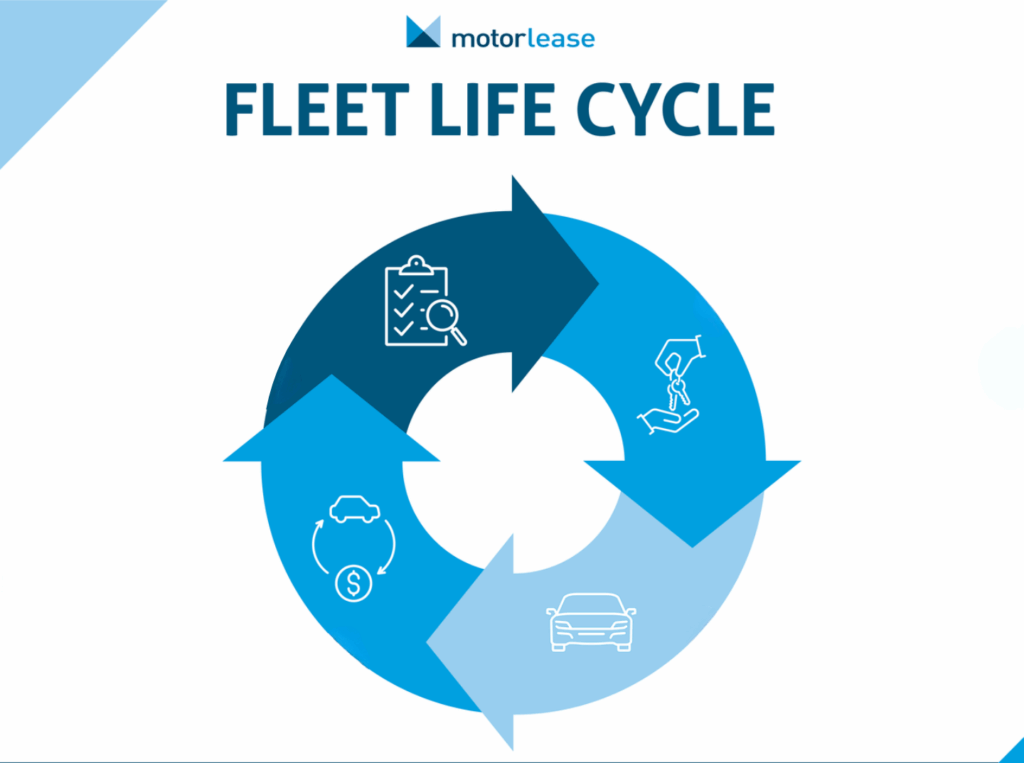Your business relies on vendors from everything IT services to fleet management. They’re an integral part of your daily operations. As such, it makes sense to vet potential vendors thoroughly before making them part of your team. In this article, we’ll take a look at several key questions that you should be asking potential vendors.
In This Article
Who Will Actually Service My Account?
How Will Doing Business with You, Instead of Your Competitors, Benefit Our Business?
Do You Work with Any Other Companies in Our Industry? May We Speak with Them?
What Happens If I’m Not Happy? How Do I Leave?
Who Will Actually Service My Account?
When developing a relationship with a vendor, getting to know the person, or team, who will be servicing your account on a day-to-day basis is crucial. A successful partnership depends on your vendor understanding your unique needs and providing a service that meets them. It’s important to understand exactly who you will be working with so that you can build rapport. Tara Cohen of Forbes notes, “There’s nothing quite like the dashed hopes of having a great rapport with an excellent sales rep only to get handed off to a transition team or account manager with whom you work like oil and water. Before going to contract, ask to speak with the people who would handle your transition and day-to-day needs. A solid vendor will be happy to schedule further calls so you can meet the team members who will service your account.”
How Will Doing Business with You, Instead of Your Competitors, Benefit Our Business?
We live in a cut-throat business world where competitors will say just about anything to win business. When selecting a vendor, it’s important to cut through the smoke and mirrors and marketing jargon and discuss what really matters. Next Level Purchasing explains, “Every supplier will tell you that they are a better choice for you than their competitor because of some unique advantages. But for such advantages to be a reason for choosing a certain supplier, they should have some positive impact on your organization’s “bottom line.” For example, “better quality” is nice, but the supplier (and you) should be able to translate better quality into a monetary value.”
Do You Work with Any Other Companies in Our Industry? May We Speak with Them?
While it may not be an absolute necessity, vendors with experience in your vertical, who have familiarity in dealing with your industry’s unique needs, can be a plus when evaluating your options. If a vendor claims to have experience in your industry, ask them how long they’ve been working with those companies and if you could speak to them for references. Try to speak with references who have worked with that vendor for at least a few years. You’re trying to get a feel for both where the potential vendor shines, and where they may be lacking as well. References who have been with the vendor for several years should be well versed in the pros and cons of the partnership and be able to give you a thorough overview of what it’s like to work with the vendor.
What Happens If I’m Not Happy? How Do I Leave?
Despite everyone’s best intentions, there are instances where a partnership just doesn’t work out. This can be for a litany of reasons, but the bottom line is that you need to know what the exit strategy looks like. A good, honest vendor isn’t going to want to force an unhappy customer to remain with them or make them jump through hoops to leave. A reputable vendor should be able to describe, in detail, the off-boarding process, and make you feel comfortable with it. It can certainly be an awkward discussion to have, but if they’re hesitant, or reluctant to discuss what a breakup would look like up front, then maybe they’re not the vendor you should be working with.













